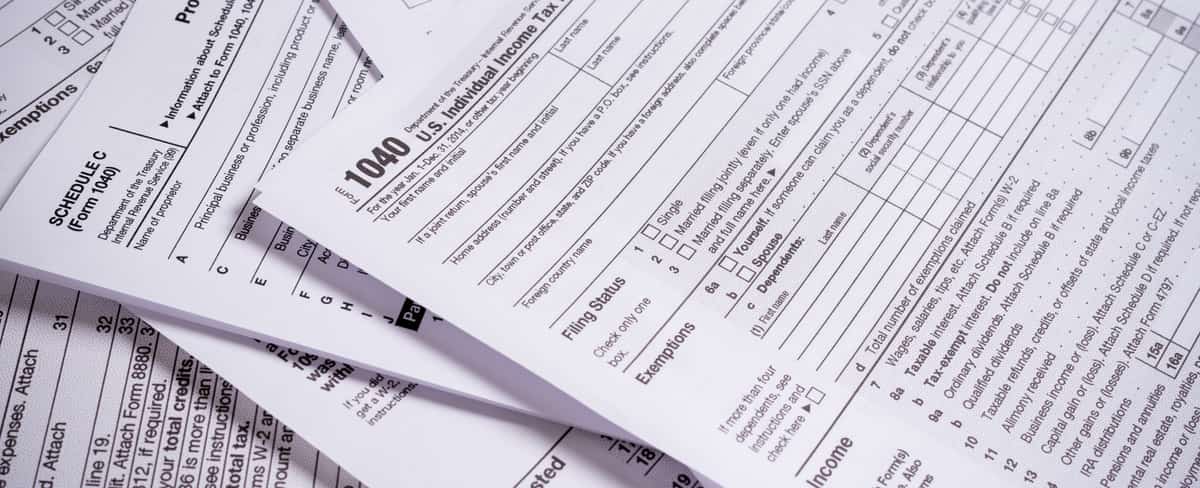Running a small business is hard. Although about 80% of small businesses survive their first year, only about 50% hang around long enough to make it to the five-year mark.
One way to set your business up for long-term success is by investing in the right finance tools. There are all kinds of financial tools out there that are designed to make small business financial management less of a hassle on you.
From basic budgeting tools to more advanced money management tools, you should snatch up as many of these tools as you can.
Table Of Contents
Here are six good ones to get you started
1. Budgeting Tools
One of the very first things that you should do when you kickstart a small business is to create an operating budget for it. If you attempt to get a small business off the ground without a budget in place, you’re going to be setting yourself up for failure.
Coming up with a budget is going to take some time. You’ll need to figure out how much your company can afford to spend on everything from leasing office space to paying your employees’ salaries right from the beginning—and it can be challenging trying to do it.
Budgeting tools will make this process slightly simpler. You’ll be able to tinker around with your operating budget and find out what works best for your small business.
You’ll also be able to adjust your operating budget accordingly once your small business is up and running. It’ll help you to spend your money wisely month in and month out.
2. Payroll Management Tools
A large percentage of your operating budget is probably going to be committed to paying your employees. It’s not uncommon at all for some small businesses to devote over 50% of their budget to compensating their employees.
For this reason, payroll management tools are going to be some of the most important business management tools that you use. They’ll help you keep good track of how much you’re paying your employees and allow you to withhold money from their paychecks for benefits, tax purposes, etc.
In addition to using payroll management tools, you should also search for a free paystub generator online that you can use to create paystubs for your employees. Whether you rely on paper checks or direct deposit payments to pay your employees, you’ll want to make sure they have easy access to paystubs.
3. Expense Tracking Tools
Paying your employees is going to be one of the biggest expenses that your small business has. But it’s obviously not going to be the only expense that you’ll have to worry about.
Depending on what kind of small business you own, there are also going to be a whole host of other expenses that you’ll have to take care of on a regular basis. It can be a little bit overwhelming if you don’t have finance tools in place to help you tackle them.
There are expense tracking tools that make it simple to stay on top of your business expenses. From paying the electric bill to settling up with your vendors, you won’t encounter any issues with your expenses when you have the right tools at your fingertips.
4. Billing Tools
In the small business world, making money is the name of the game. Your small business isn’t going to last more than a year or two if you’re not generating enough profits each and every month.
With this in mind, you need to find billing tools that you can use to invoice your customers so that you can get paid quickly. You’re going to find that people will drag their feet when it’s time to pay you if you don’t have a great billing system set up.
Your billing tools will tell you who owes you money, when they owe it to you, and more. They’ll also make it super easy for you to send out invoices to your customers as well as reminders when they don’t send you payments right away.
5. Inventory Management Tools
If your small business sells products to customers, you’re going to have to make it your mission to keep tabs on your inventory at all times. This can be very hard to do if you have a lot of inventory that is located somewhere other than right in your office space.
Inventory management tools can help you keep up with your inventory and ensure that nothing slips through the cracks. It can also help you avoid having too much inventory or not enough inventory at any given time.
6. Tax Tools
Paying taxes can be confusing when you’re paying them just for yourself. People routinely complain about all the changes to the tax laws and don’t always understand how paying taxes work.
So you can imagine how confusing it is to pay taxes when you’re running a small business. It’s why most small business owners either hire a dedicated tax team or outsource their taxes to an accounting firm.
You should still consider doing one of these things so that you’re not stuck trying to tackle your taxes on your own. But you should also look into getting some of the tax tools that are out there for small businesses.
These tax tools will allow you to get a grip on your taxes right from the start and make them a little less confusing than they would be otherwise.
Use These Finance Tools to Your Advantage When Running a Business
Everyone who starts a small business expects to make money. But not everyone takes the steps necessary to do it.
One of the steps you’ll need to take is investing in the right finance tools and using them to the benefit of your small business. With the right financial tools by your side, there is absolutely no reason why your small business can’t be every bit as successful as you want it to be.
Check out the articles on our blog for more tips on running a small business.


